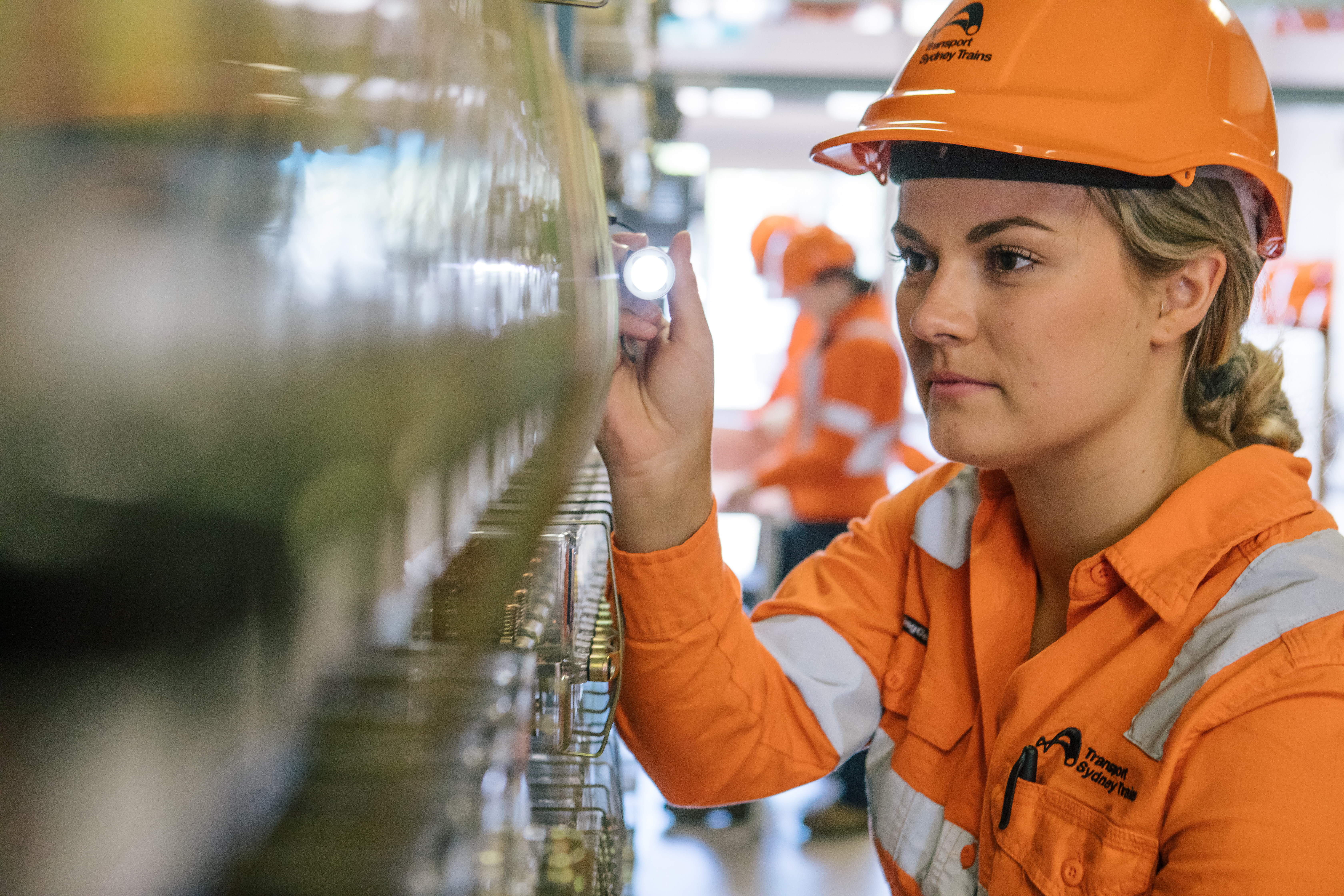Discover resources

Strength in Diversity; Empowering women in the transport sector
Mar 25, 2025 | Report


2024 Canberra Speaker Bureau lunch with Jo Farrell
May 23, 2025 | Video
Resources
Empowering women, driving diversity in transport
Nov 11, 2025 | Spotlight
With women making up just 27.4% of Australia’s transport workforce, finding new ways to attract diverse talent is a growing priority for industry. SisterWorks, a Melbourne-based social enterprise is entering into commercial partnerships with transport organisations, creating job opportunities for its members while helping to build a more diverse and skilled workforce.
2025 Sydney Networking Lunch with keynote from Megan Dalla-Camina, CEO and Founder of Women Rising
Oct 31, 2025 | Video
In September, National Women in Transport hosted its final networking event of 2025 in Barangaroo, Sydney. We were delighted to welcome Megan Dalla-Camina, CEO and Founder of Women Rising, as our keynote speaker. Megan shared powerful insights on the paradoxes of power, the vital role of confidence in the workplace, and how to navigate your career mastery curve with strategy and ease. A fireside chat between Megan and National Transport Commission, CEO, Michael Hopkins offered a deeper dive into these themes, with some thoughtful questions from the audience at the end.

